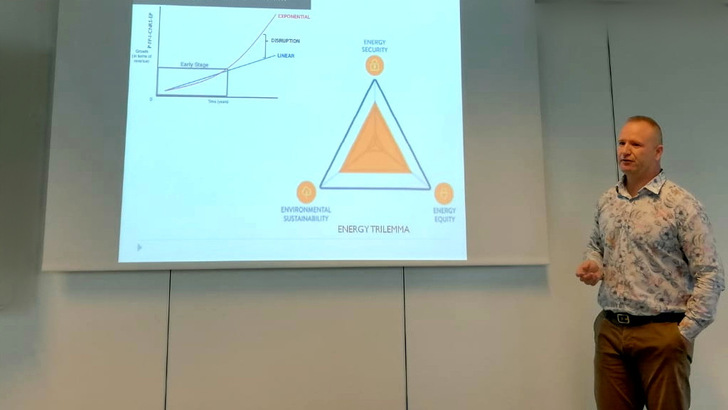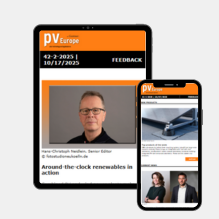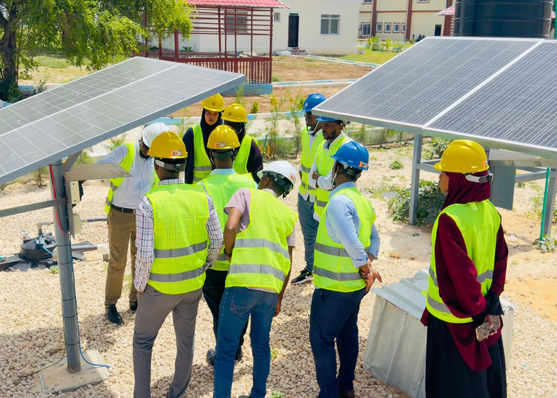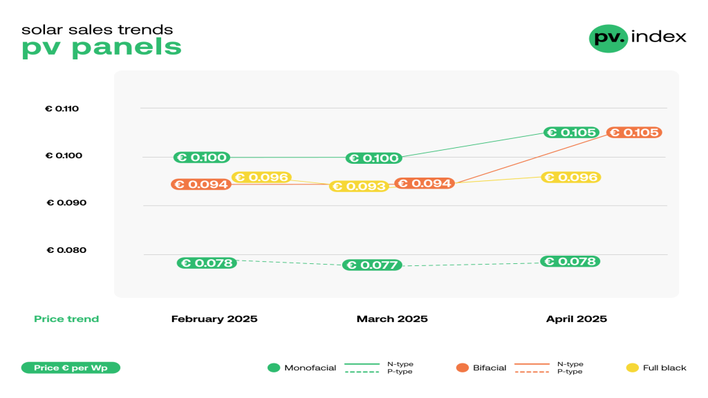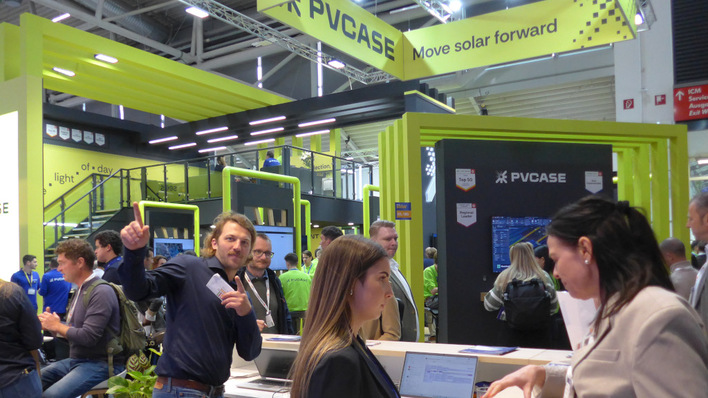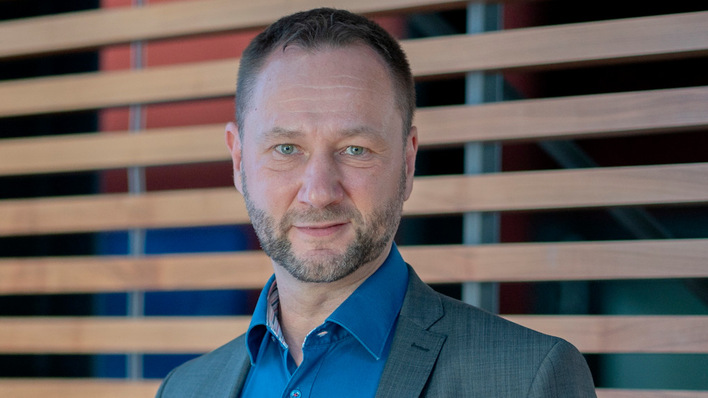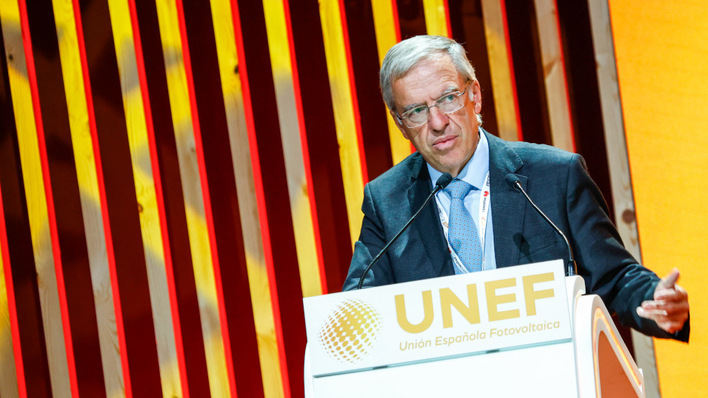What are the main obstacles to the rapid expansion of PV in Albania?
Legal and political barriers remain considerable. Renewable energy development is hindered by unclear and unstable regulatory frameworks that are not yet fully aligned with EU standards. Lengthy bureaucratic procedures delay project implementation, and contracts are often neither transparent nor standardised, creating uncertainty for investors.
Stay up to date and sign up for our newsletter
What is the current condition of the grid infrastructure in Albania?
Limited transmission and distribution capacity poses a major challenge. Around 10 to 15 percent of renewable energy is lost due to grid interruptions and overloads. Integrating large-scale PV projects into the existing grid remains difficult. Expanding and modernising the grid is therefore crucial for a reliable and efficient decarbonised energy supply.
Lorenc Malka: Solar vital for Albania’s energy balance
What is the current state of cooperation between institutions?
Coordination among key stakeholders, including research institutions, regulatory authorities and operators, requires improvement. There is no overarching national plan, and decision-making remains fragmented and slow. This hampers project efficiency and undermines investor confidence. Stronger cooperation is essential to accelerate planning, financing and implementation.
What is the situation regarding skilled workers?
Albania faces a shortage of engineers and specialists for the planning, construction, operation and maintenance of renewable energy systems. Limited training opportunities and weak cooperation between industry and educational institutions exacerbate the problem. Developing a skilled workforce is essential for sustainable sector growth.
Lorenc Malka: “Albania is advancing electricity market liberalisation”
What is the situation regarding technical standards and IT systems?
The lack of smart technologies and unified standards for photovoltaics, storage and renewable systems continues to hamper progress. Hybrid systems and energy storage solutions remain underused, while limited experience with advanced energy modelling and grid support technologies still affects the efficiency and reliability of renewable integration.
What role do land use and environmental protection play in project development?
Securing suitable sites for large-scale solar projects remains a challenge.
What forms of support are available to PV companies seeking to invest in Albania?
The Albanian Association for Solar and Sustainable Energy (ASSEA) supports PV companies entering the Albanian market through a range of initiatives. It provides advice on regulatory frameworks, offers networking opportunities, shares insights into local market dynamics, and informs companies about relevant energy models. ASSEA also fosters collaboration between academia, international companies and domestic stakeholders, and advocates for user‑friendly permitting guidelines to ease solar‑market entry.
Prof. Malka: Solar is key to Albania’s hydropower challenge
About Prof. Lorenc Malka
Professor Lorenc Malka holds a PhD from the Faculty of Mechanical Engineering, Department of Energy Technology, at the Polytechnic University of Tirana, where he has taught thermodynamics and energy scenario analysis for more than a decade. His research focuses on sustainable energy solutions, and he has contributed to numerous PV and wind projects in Albania and abroad, bridging technology and policy. Proficient in modelling tools such as EnergyPLAN, LEAP and RETScreen Expert, he has integrated these into the master’s programme in Energy Management and translated them into Albanian for students and professionals. Prof. Malka has published extensively on renewable energy integration, energy storage and sustainable planning, with the goal of strengthening Albania’s energy independence, supporting economic growth and promoting a greener, healthier future.
Interview by Manfred Gorgus.
Solar Macedonia president: “Quality standards are key to sector growth”


